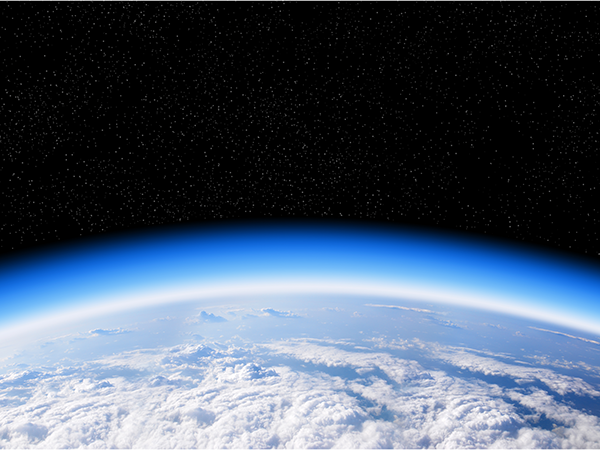How long will it take for the ozone layer to return to 1980 levels?

Within four decades.
The Montreal Protocol on Substances that Deplete the Ozone Layer is a global agreement that bans Chlorofluorocarbons (CFCs) and was adopted in 1987. Around 99 percent of ozone-depleting substances have since been phased out and the protective layer above Earth is regenerating. The Antarctic ozone hole is expected to close by the 2060s, while other regions could return to pre-1980s values even earlier. This is important because a lack of atmospheric ozone can harm plants, marine flora and fauna, as well as humans.
This progress is a powerful demonstration of what can happen when science and political agendas align. Regulations and protocols are being adopted more and more, facilitating the transfer of behaviours, and invested capital, into sustainable solutions for a healthier world.
Matter of Facts are small insights into inspiring sustainable solutions.
These posts provide insight into our approach to impact investing, they are not investment research or recommendations to buy or sell any specific investments or participate in any investment (or other) strategy. Like most investments, other than cash, impact investing may involve risk to investors capital and the expected impact outcome or financial return may not be achieved. For further information see suitability section here.



